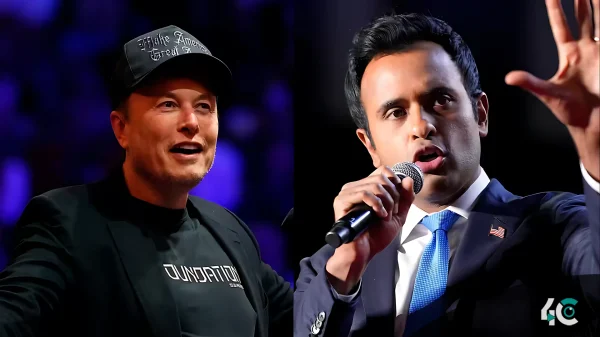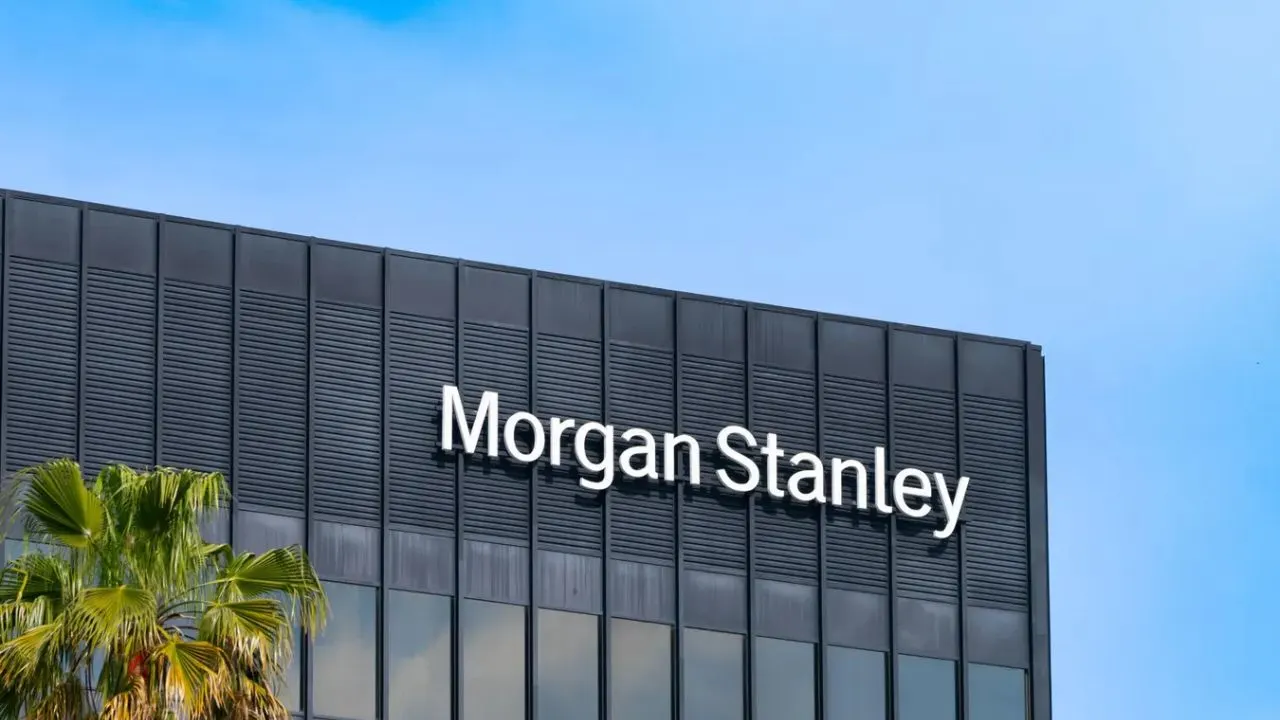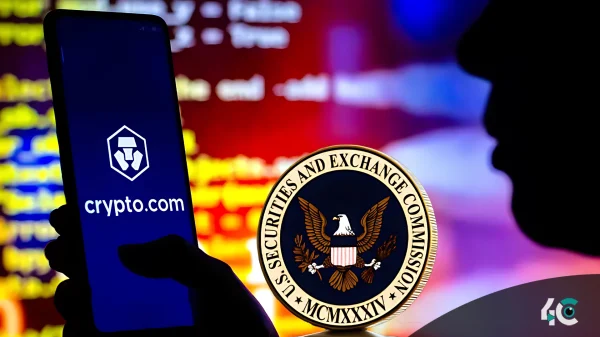Morgan Stanley, the biggest wealth manager in the US, has caused a stir in the financial world by letting its 15,000 financial advisers offer high-net-worth customers spot Bitcoin exchange-traded funds (ETFs). There are mixed feelings about this move.
Stark says that by taking this risky action, Morgan Stanley is opening itself up to regulation that has never been seen before. His guess is that both the U.S. Securities and Exchange Commission (SEC) and the Financial Industry Regulatory Authority (FINRA) will closely look into the company’s compliance department. Stark says that finding violations could be like “shooting fish in a barrel,” which means that the firm’s security staff will be under a lot of pressure to handle all the regulatory requests.
Bitcoin ETFs are new and complicated financial goods, which is why they are getting more attention. Stark says that regulators will be able to see all kinds of contact and paperwork about Morgan Stanley’s Bitcoin transactions. This will make it easier for them to find and fix any compliance problems.
Morgan Stanley currently backs two Bitcoin ETFs: the iShares Bitcoin Trust from BlackRock and the Wise Origin Bitcoin Fund from Fidelity. A lot of investors are already interested in these ETFs. Since they were approved earlier this year, data shows that about $17.3 billion has flowed into them. Experts in the field think that Morgan Stanley’s role could lead to even bigger investments in Bitcoin, especially in the second half of the year.
Even though Bitcoin and the cryptocurrency market as a whole could be good, Stark’s worries show how risky it is for Morgan Stanley. As more big banks, like JPMorgan and Wells Fargo, think about doing the same, how the industry reacts to these changes will probably determine how people invest in cryptocurrencies in the future in the standard finance sector.
Morgan Stanley’s move into Bitcoin ETFs is a big one that could either make it even more of a star in modern financial services or make it face a lot of problems with regulators. Both people in the industry and government officials will be closely watching how this move turns out, as it could set the standard for how other big banks handle adding cryptocurrencies to their businesses.















































